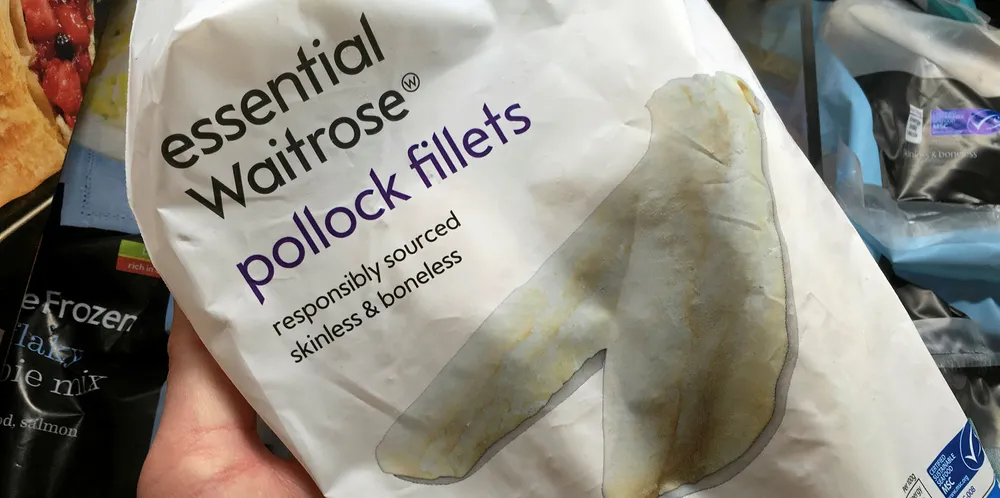Europe's seafood industry faces more uncertainty after make-or-break Brexit vote
After losing the latest 'meaningful vote,' the government will hold a vote on Wednesday to determine whether lawmakers will allow the UK to leave without a deal -- a move that will have major implications for the seafood sector.
